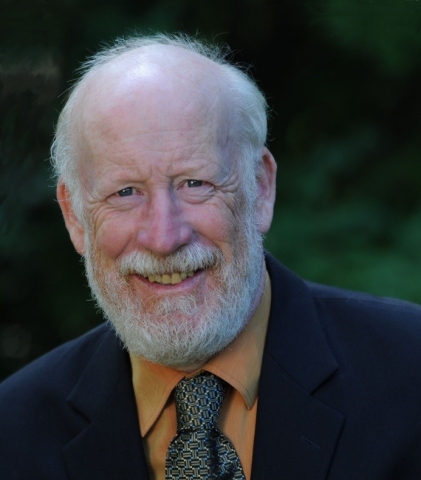MP Cannings speaks to capital gains taxes
Despite doing everything right, most Canadians are struggling —struggling to find a home they can afford and facing the rising costs of groceries and the price of gas at the pumps. All while massive wealth is accumulating in the hands of the very few. I’ve talked in some of my columns about measures the NDP has put forward to alleviate these pressures, and one general theme is making sure that those who can afford to pay their fair share do just that. Many wealthy individuals and corporations make the bulk of their income through capital gains. On Monday, the government introduced measures announced in the budget that would adjust the way capital gains are taxed. I’ve heard from many people about this proposal and would like to explain it further, so buckle up for some detail.
To start with, I’ll just mention that capital gains are income earned through investments such as the sale of stocks or real estate. The government has always taxed these forms of income at a lower rate than income earned from employment, ostensibly to encourage investment.
At the moment, capital gains have an inclusion rate of 50 percent, which means that only half of your gains are considered income when you calculate your income tax. So, if you make a profit of $100,000 in selling a lot you’ve held as an investment, you’ll face taxes on only $50,000 of that gain. That amount would be added to your income tax calculations, so you may pay 20 or 30 percent of that in federal income tax, depending on your overall income. Again, that’s very different from a salaried employee. If you make $100,000 as a salary for a job, you face taxes on $100,000, a 100 percent inclusion rate.
The new proposal is that any gains greater than $250,000 would be taxed at a two-thirds inclusion rate. So if you bought a lot for $500,000 and sold it for $900,000, you would have an overall gain of $400,000. Your inclusion rate for the first $250,000 of profit would be half, so you would pay taxes on $125,000 of that. But you would be taxed on $100,000 of the next $150,000 of profit, a two-thirds inclusion rate. So your taxable income on that $400,000 capital gains income would be $225,000. Still a very good deal compared to what you’d pay if you made $400,000 in salary.
As you can imagine, this measure only affects a tiny fraction of Canadians on an annual basis—those regularly cashing in over $250,000 in profits every year on capital gains. I’ve heard from some folks, however, who are concerned that it does affect them on the rare occasion when they incur capital gains when selling property or a business held for a number of years, often as a part of their retirement savings strategy.
I would point out three things on that scenario. First is the $250,000 exemption mentioned above—this means that you would have to make more than a quarter-million-dollar profit to be affected at all by these changes. Second, if your capital gains are held in a company that you’ve created to hold property or a family business, there is another significant exemption. You can claim a $1.25 million tax-free exemption once in your lifetime if you are selling (or transferring to a family member, for instance) interest in a company. No tax at all on that. Thirdly, there is an exemption to promote entrepreneurship that rolls the inclusion rate back to one-third for a life-time maximum of $2 million in eligible capital gains in the sale of a company.
The NDP supports these tax changes as that they take some steps towards tax fairness while protecting the savings of small business owners. If this were an NDP government, we would add other measures to speed up tax fairness, including an excess profit tax to access some of the billions of dollars that big oil companies have been taking from Canadians at the pump. Its time for tax fairness between workers who pay their fair share and the rich 1% that are accumulating massive wealth while most Canadians continue to struggle


























Comments